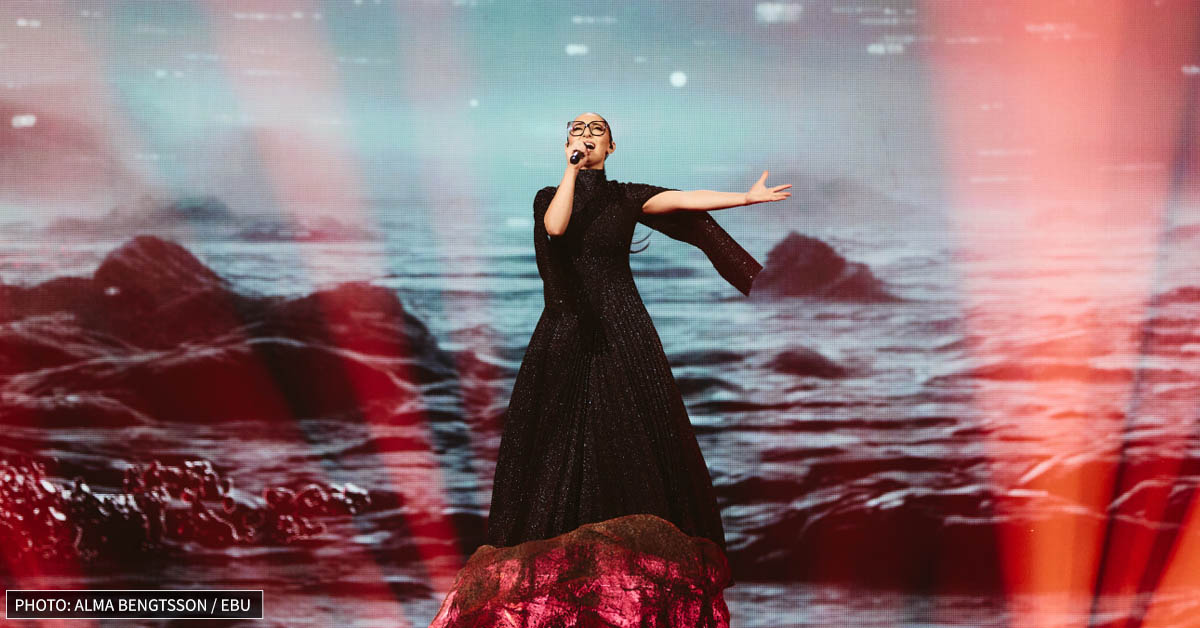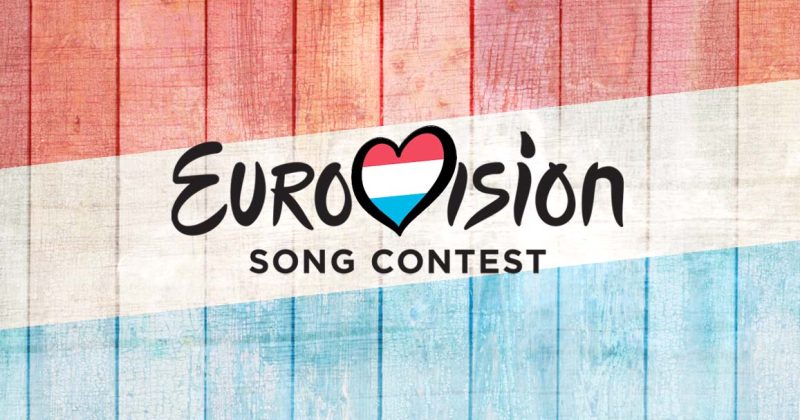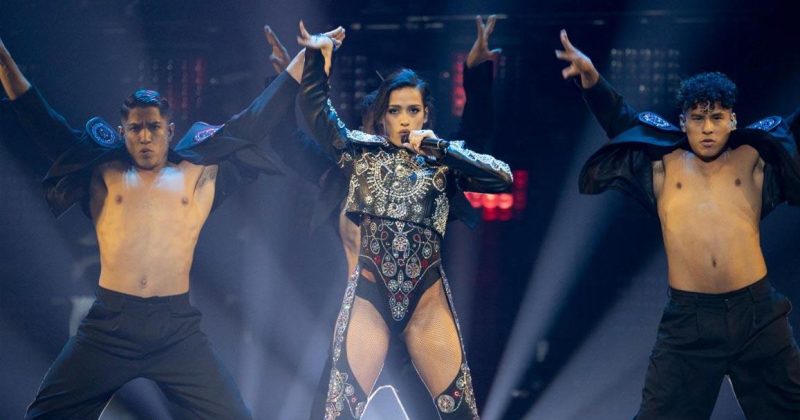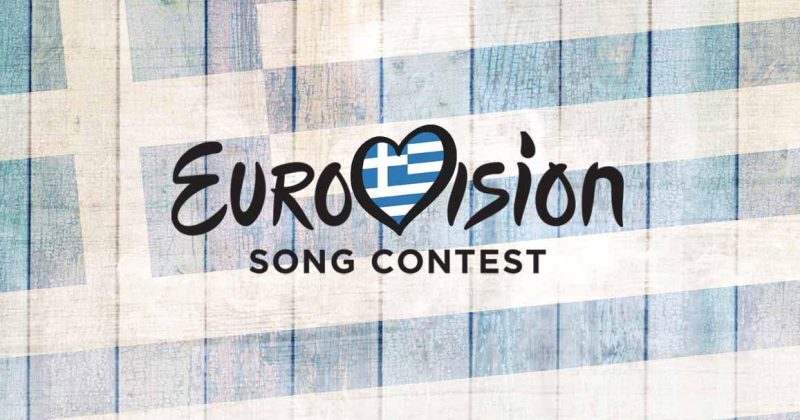
Greece is deep in preparations for Eurovision 2026, with dozens of entries submitted to “Ethnikos Telikos”. Find out how many songs are in — and what it means?
Has the pace of song submissions to “Ethnikos Telikos” slowed down? So far, around 70 songs have been submitted to the Greek national broadcaster ERT, with the final deadline for submission set for November 2nd, 2025, at 22:59 CET. While many more entries are expected in the remaining days, it seems unlikely that the total will exceed last year’s 187 submissions.
The Meaning Behind the Song Submissions

Submitting songs is a crucial phase in the process of selecting both the Greek representative and the song for Eurovision. While in Israel the representative is chosen through “HaKokhav HaBa LaEurovision“, and the chosen artist later receives a separate song, the Greek method takes a different approach. In Greece, the songs themselves compete for a place among the 28 entries that will reach the two semi-finals of “Ethnikos Telikos”. Details revealed about the Greek selection process show that each performer can submit one song, while songwriters may send up to three. This competitive process attracts not only established artists but also emerging talents hoping to make their breakthrough on the European stage.
Conversations with professionals in the field reveal growing excitement about this year’s submissions. “There is no doubt we’ll have some surprises this year”, said sources within the industry. Many participants are reportedly working on innovative songs that aim to combine tradition with modernity, a blend expected to engage voters across Europe.
Background of the Submission Process
The submission process for Eurovision is nothing new to Greece, but the current format emphasizes innovation and diversity. Over the years, Greece has become a standout player in the contest — especially in the past five years, during which it reached the Grand Final in every edition except one, consistently placing 11th or higher. Last year, Greece received 12 points from the Israeli jury — a highlight of last year’s voting night.
Eurovision often carries cultural and political influence. Many countries use their performances to express national identity, with each song bringing a distinct story or cultural root. Fans deeply value songs that reflect their local traditions. Songs that successfully merge heritage and contemporary sounds tend to do particularly well in the competition.
What Awaits Us This Year?
Until the songs are officially unveiled, it’s impossible to know what to expect. Having watched numerous Eurovision contests over the years, I can say that the event’s popularity has only grown with time. I have personally witnessed the excitement of fans, the chemistry between artists and audiences, and that unforgettable moment when a winning song is announced. Conversations within the EuroMix community highlight the growing anticipation around the submission stage.
It seems that this year, Greece aims to surprise its audience with fresh, dynamic entries that could surpass previous achievements. “Ethnikos Telikos” is scheduled for the first weeks of February, hosted by Giorgos Kapoutzidis.
Greece at Eurovision 2025
“Asteromáta” (in English: “Eyes of Stars”) is the song performed by Klavdia, who represented Greece in the grand final of Eurovision 2025. Greece qualified for the grand final after placing fourth in the second semi-final with 112 points. In the grand final, Greece finished in sixth place with 231 points, with both the juries and the public awarding her eighth place.
This sixth-place finish is considered Greece’s best result since 2013, when the country also ranked sixth.
Source: Eurovisionfun.
Eurovision 2026: This will be Greece’s 46th participation in Eurovision. Greece joined the competition in 1974 and achieved its best result in Eurovision 2005 when singer Helena Paparizou won first place with the song “My Number One”.

Email: [email protected]
Phone: +972-50-9441919
Ilay Gaist is a leading Israeli content creator and writer specializing in the Eurovision Song Contest. He is a well-known commentator with extensive expertise in the contest’s history, rules, and dynamics. His passion for Eurovision drives him to deliver rich, professional, and innovative content to his audience.
Ilay holds a bachelor’s degree in Arabic and has a multilingual background. He also engages in cultural research, with a particular focus on global culinary traditions and the evolution of local cuisines around the world.









